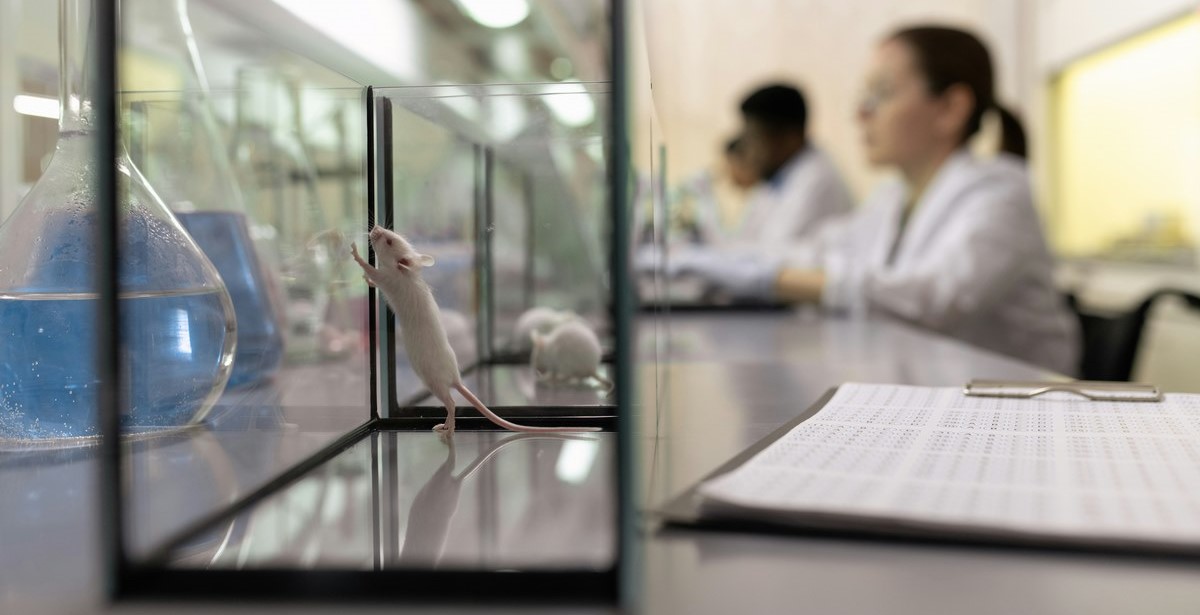Revolutionizing Drug Development: A New Era Without Animal Testing

The National Institutes of Health (NIH) has made a groundbreaking announcement that promises to significantly alter the landscape of drug development. In a progressive move to enhance scientific quality and ethical standards, the NIH will prioritize grant proposals that eschew animal testing. This decision aligns with a similar initiative previously expressed by the FDA, indicating a collective shift within regulatory bodies towards more humane and effective research methodologies.
Innovation Over Tradition
Historically, animal models, particularly mice, have dominated scientific research; however, the NIH's new direction marks a pivotal change. Under the leadership of Director Jay Battacharya, the NIH aims to foster a "new era of innovation." This evolution is largely influenced by the growing body of evidence suggesting that results obtained from animal testing often do not translate effectively to humans. Research into diseases such as Alzheimer’s and cancer has exposed limitations in these traditional models, leading to calls for more relevant human-based approaches.
Introducing the Office of Research Innovation
To facilitate this monumental transition, the NIH plans to launch an Office of Research Innovation, Validation, and Application (ORIVA). This new office will spearhead efforts to develop and validate non-animal research techniques and will act as a central hub for regulatory coordination focused on public health protection. This initiative not only promises to reduce reliance on animal testing but also aims to enhance the validity and relevance of scientific findings.
A Win for Ethics and Public Health
Wayne Pacelle, President of Animal Wellness Action, championed this decision, emphasizing its potential to halt the use of millions of animals in testing, including thousands of primates and beagles. FDA Commissioner Dr. Marty Makary echoed this sentiment, calling the initiative a “win-win for public health and ethics.” By moving towards human organ-based lab testing technologies, drug evaluation processes will potentially become more humane and effective.
Private Sector Innovations
Exciting developments are also taking place in the private sector. Companies like California's Radicle Science are harnessing machine learning and crowdsourced data collection to support medicines without major pharmaceutical backing. Senior Vice President of Scientific Affairs at Radicle Science, Susan J. Hewlings, expressed her enthusiasm for the NIH and FDA's emphasis on real-world methodologies, noting that genuine human experiences are invaluable to scientific outcomes.
The NIH's commitment to transparency will further bolster public trust, as it plans to annually report on research spending to measure progress toward reducing funding for animal studies while increasing investment in human-focused research approaches. This shift in priorities not only represents a major step forward in ethical research practices but also sets the stage for more innovative and applicable scientific advancements that could lead to better health outcomes for all.